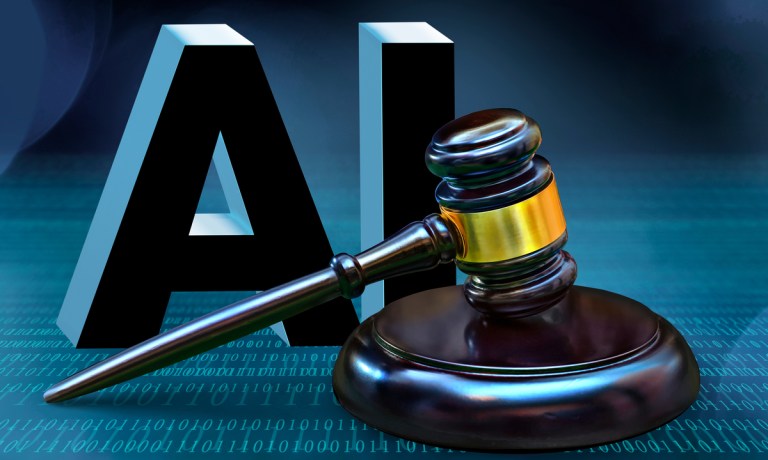Luminance Raises $40 Million for Legal Industry AI Tools

Legal document-focused artificial intelligence (AI) firm Luminance has raised $40 million.
The Series B funding round, announced Tuesday (April 2), will help Luminance strengthen its foothold in the U.S., which accounts for a third of its revenue, the British company said in a news release.
“Luminance’s specialist legal large language model (LLM) automates the generation, negotiation, and analysis of contracts and other legal documents for a rapidly growing customer base spanning 600 organizations in 70 countries,” the release said.
Those organizations include manufacturers such as Koch Industries, Hitachi and Yokogawa, insurers such as Liberty Mutual, along with pharmaceutical companies like LG Chem.
The company said its tech has been used in some “world-firsts” for AI, including a live demonstration to the BBC last year in which Luminance became the first AI in the world to completely automate a contract negotiation between two parties, without human intervention.
Luminance was also the first use of AI at London’s highest criminal court, the Old Bailey, where it let attorneys reduce the time spent reviewing evidence by four weeks.
“The past 12 months have seen huge technical achievements from our Cambridge R&D hub. Developments such as ‘Auto Mark-Up,’ which brings agreements into line with gold standards in a click, and AI-powered tools for non-legal teams to independently negotiate contracts, make Luminance the most advanced legal LLM available today,” said CEO Eleanor Lightbody.
PYMNTS discussed the power of generative AI to transform what had once been manual legal processes earlier this year in an interview with James Clough, chief technology officer and co-founder of Robin AI.
“Most legal teams, when they’re doing work, what is the output of their work?” Clough said. “It’s not just a prediction, it’s generated text. They want to get something written as an output that they can send to somebody else in an email, or that they can use to add a comment or an edit to a document, or to answer somebody’s question.”
As that report noted, legal work requires attention to detail, extensive research and nuanced argumentation, which are intellectually demanding and time-consuming tasks. It’s partially why — per PYMNTS Intelligence research — 72% of lawyers doubt their field is ready for generative AI.